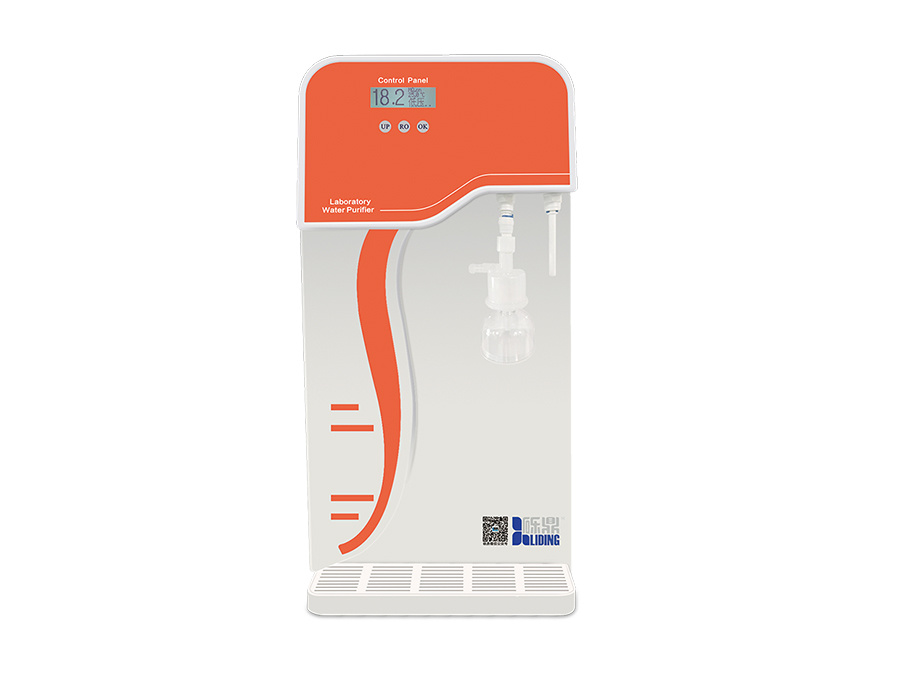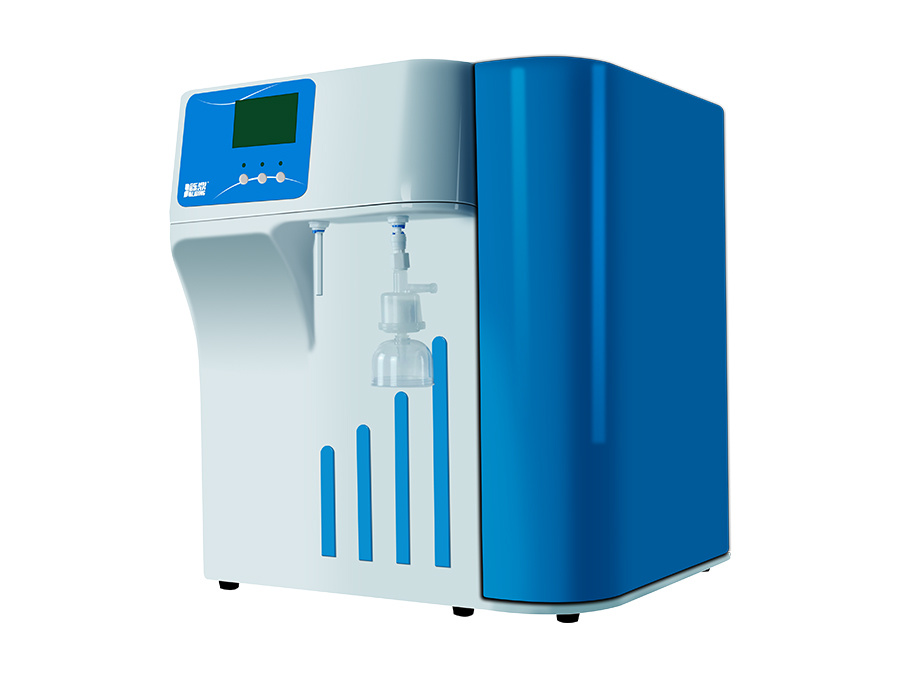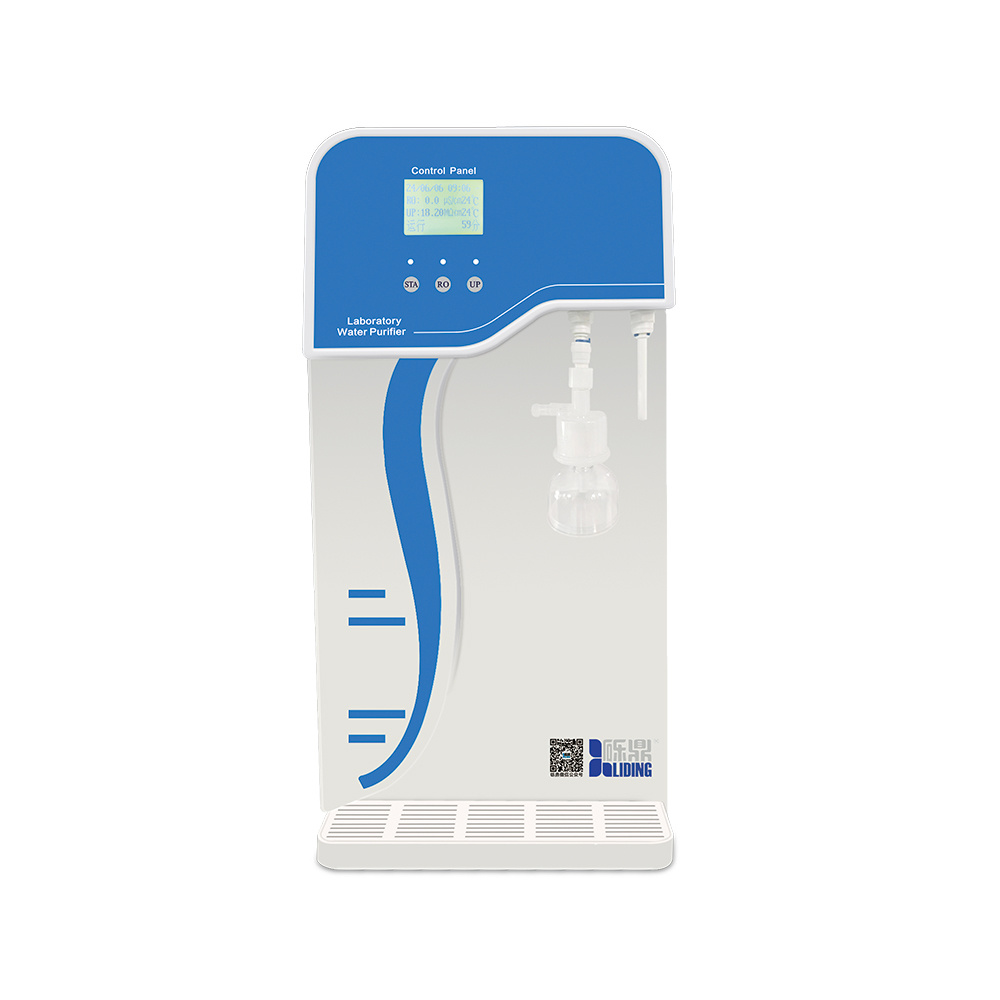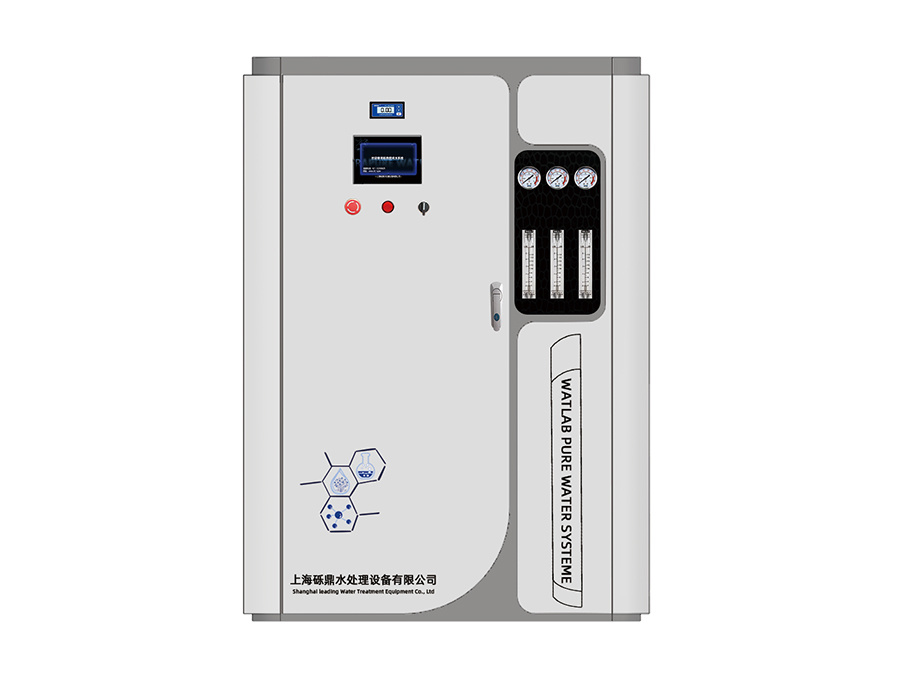Understanding Ultra Pure Water Systems: Key Components and Benefits for Industrial Applications
Time:
Sep 26,2025
Ultra pure water systems are specialized setups designed to produce water of extremely high purity levels, often reaching 18.2 megohm-cm resistivity. This type of water is essential in various industrial applications, including semiconductor manufacturing, pharmaceuticals, and laboratory processes, where even minute impurities can compromise product quality and performance.
The primary goal of an ultra pure water system is to remove contaminants such as ions, bacteria, organic compounds, and particulate matter. To achieve this, these systems typically integrate multiple purification technologies, including reverse osmosis (RO), deionization (DI), and ultrafiltration (UF). Each technology plays a crucial role in ensuring the final product meets the stringent purity requirements set by various industries.
Reverse osmosis is often the first step in the purification process. It utilizes a semi-permeable membrane to separate impurities from water. This method is highly effective in removing dissolved salts, heavy metals, and organic molecules. Following RO, deionization is employed to further eliminate any remaining ionic impurities. This process involves exchanging ions in the water with hydrogen and hydroxide ions, which combine to form pure water.
Ultrafiltration may also be included in the system to remove larger particles and microorganisms that can compromise water quality. This step is crucial in protecting sensitive downstream processes, ensuring that only the purest water makes it to the final stages of production.
One of the significant benefits of ultra pure water systems is their ability to enhance operational efficiency. By ensuring a consistent supply of high-quality water, industries can minimize the risk of product contamination, reduce material waste, and improve overall yield. Additionally, these systems can be customized to meet specific operational requirements, providing flexibility for various applications.
Furthermore, ultra pure water systems contribute to compliance with industry regulations and standards. Many sectors, including pharmaceuticals and electronics, are subject to strict guidelines regarding water quality. Implementing an ultra pure water system can help organizations meet these requirements, thereby avoiding potential penalties and enhancing their reputation for quality.
In conclusion, ultra pure water systems play a vital role in modern industrial processes. Understanding their components and benefits can help organizations make informed decisions about water treatment solutions, ultimately leading to improved product quality and operational success.
The primary goal of an ultra pure water system is to remove contaminants such as ions, bacteria, organic compounds, and particulate matter. To achieve this, these systems typically integrate multiple purification technologies, including reverse osmosis (RO), deionization (DI), and ultrafiltration (UF). Each technology plays a crucial role in ensuring the final product meets the stringent purity requirements set by various industries.
Reverse osmosis is often the first step in the purification process. It utilizes a semi-permeable membrane to separate impurities from water. This method is highly effective in removing dissolved salts, heavy metals, and organic molecules. Following RO, deionization is employed to further eliminate any remaining ionic impurities. This process involves exchanging ions in the water with hydrogen and hydroxide ions, which combine to form pure water.
Ultrafiltration may also be included in the system to remove larger particles and microorganisms that can compromise water quality. This step is crucial in protecting sensitive downstream processes, ensuring that only the purest water makes it to the final stages of production.
One of the significant benefits of ultra pure water systems is their ability to enhance operational efficiency. By ensuring a consistent supply of high-quality water, industries can minimize the risk of product contamination, reduce material waste, and improve overall yield. Additionally, these systems can be customized to meet specific operational requirements, providing flexibility for various applications.
Furthermore, ultra pure water systems contribute to compliance with industry regulations and standards. Many sectors, including pharmaceuticals and electronics, are subject to strict guidelines regarding water quality. Implementing an ultra pure water system can help organizations meet these requirements, thereby avoiding potential penalties and enhancing their reputation for quality.
In conclusion, ultra pure water systems play a vital role in modern industrial processes. Understanding their components and benefits can help organizations make informed decisions about water treatment solutions, ultimately leading to improved product quality and operational success.
RELATED NEWS








